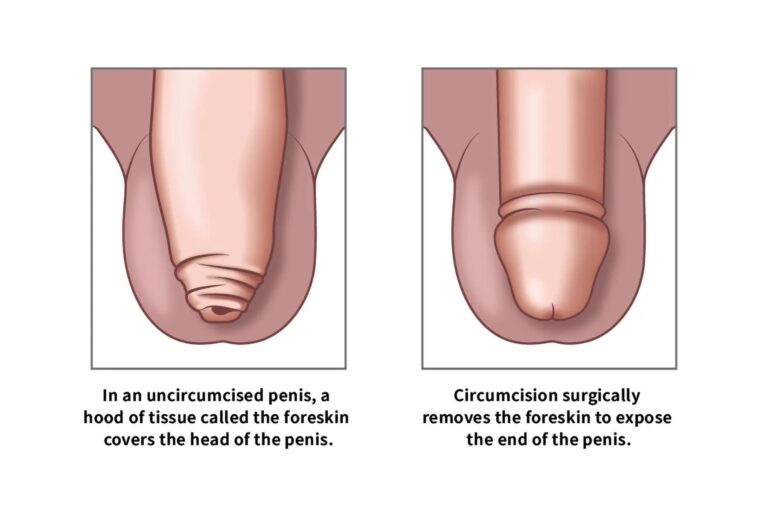Monrovia Faces Governance Crisis Amid Financial Mismanagement Allegations
In Liberia’s bustling capital, Monrovia, growing concerns over the city’s leadership have come to the forefront as Mayor Jefferson Koijee faces mounting accusations of financial misconduct. While essential urban services falter—roads crumble and sanitation deteriorates—residents are increasingly skeptical about how public funds allocated for city improvements are being utilized. This article investigates these claims, assesses their repercussions on Monrovia’s populace, and considers what this means for the future of municipal governance in Liberia.
Urban Decay in Monrovia: A Call for Transparent Leadership
The visible decline of Monrovia’s infrastructure has become impossible to ignore. Streets riddled with potholes hinder daily commutes, while overflowing trash heaps contribute to unsanitary living conditions across many neighborhoods. Despite repeated assurances from city officials promising revitalization projects and improved public services, tangible progress remains elusive.
Residents express deep dissatisfaction with ongoing issues such as:
- Inefficient Waste Disposal: Garbage collection is sporadic at best, leading to health hazards and environmental degradation.
- Dilapidated Road Networks: Many thoroughfares suffer from severe damage that compromises safety and accessibility.
- Lack of Basic Amenities: Access to clean water sources and adequate sanitation facilities remains limited in several districts.
This persistent neglect raises urgent questions about fiscal responsibility within the city’s administration. How can effective governance be achieved when critical infrastructure continues its downward spiral?
The Financial Controversy Surrounding Mayor Koijee
An increasing number of reports suggest that significant portions of municipal budgets earmarked for infrastructure upgrades have either been misappropriated or remain unaccounted for altogether. Community watchdogs highlight discrepancies between official financial statements and observable outcomes on the ground.
Main concerns voiced by local stakeholders include:
- Poor Financial Transparency: Inconsistent budget disclosures fuel suspicions regarding fund allocation.
- Mysterious Budget Shortfalls: Large sums intended for waste management projects appear missing or diverted without explanation.
- Suspicious Expenditures: Sudden spikes in spending lack corresponding evidence of completed works or procurement activities.
| Main Issues Raised | Description |
|---|---|
| Infrastructure Funding Gaps | Diversion allegations concerning road repair budgets causing project delays. |
| Ineffective Waste Management Spending | Persistent garbage accumulation despite allocated resources suggests mismanagement. |
| Erosion of Public Confidence | Civic participation declines amid growing mistrust toward city officials’ stewardship. |
The community’s frustration has galvanized activists who are leveraging social media campaigns alongside grassroots mobilization efforts demanding a full inquiry into these irregularities. The unfolding scenario not only challenges Mayor Koijee’s credibility but also threatens broader institutional integrity within Liberia’s capital administration system.
A Strategic Blueprint: Restoring Trust & Revitalizing Monrovia’s Urban Landscape
Tackling this multifaceted crisis requires swift intervention centered around transparency, citizen involvement, and infrastructural renewal. Below are key recommendations designed to address both governance shortcomings and physical decay throughout the cityscape:
- Independent Financial Audit: Commission an impartial external body to thoroughly examine municipal accounts within a three-month timeframe; this will help rebuild confidence by clarifying fund flows and exposing any malfeasance.
- Civic Participation Forums: Establish regular town hall meetings enabling residents direct dialogue with officials; fostering accountability through open communication channels.
- Sustainable Infrastructure Overhaul Initiatives:Create comprehensive cleanup drives targeting waste accumulation hotspots coupled with systematic road repairs scheduled over six months.
- Civil Oversight Committees: Create citizen-led panels tasked with monitoring budget execution ensuring continuous scrutiny beyond initial audits.
| Proposed Initiative | Anticipated Result | Implementation Period |
|---|
A Summary Of Recommended Measures To Rebuild Civic Trust In Monrovia Â
- Initiate An Independent Audit
– Expected Outcome: Comprehensive review restoring faith through transparent accounting practices.
– Timeline: Completion targeted within three months.
- Enhance Community Engagement
– Expected Outcome: Open forums promoting dialogue between citizens & government representatives.
– Timeline: Continuous process fostering sustained interaction.
- Launch Infrastructure Renewal Campaigns
– Expected Outcome: Cleaner streets & repaired roads improving quality-of-life indicators across neighborhoods.
– Timeline: Six-month phased implementation plan.
- Establish Citizen Oversight Panels
– Expected Outcome: Ongoing vigilance ensuring responsible use of public funds & project completion tracking.
– Timeline: Permanent fixture supporting long-term accountability efforts.
The Critical Role Of Prompt Action And Transparency Â
The success of these initiatives hinges on decisive leadership willing to embrace openness while actively involving citizens throughout reform processes. Demonstrating genuine commitment will not only alleviate current grievances but also lay groundwork for sustainable urban development aligned with residents’ needs moving forward.
  Additionally, collaboration with international NGOs experienced in urban management could provide valuable technical support during cleanup operations as well as capacity building among local authorities.
Regularly publishing progress reports online will further enhance transparency — allowing stakeholders real-time insight into achievements versus challenges encountered along implementation pathways.
Finally, instituting structured feedback mechanisms such as digital surveys can help gauge evolving public sentiment — enabling adaptive policy adjustments responsive to community priorities.
Together these steps form a robust framework aimed at transforming Monrovia into a cleaner safer metropolis governed by accountable leaders dedicated to serving their constituents effectively.
Final Thoughts on Governance Challenges Facing Monrovia    Â
The current predicament confronting Mayor Jefferson Koijee underscores deeper systemic issues affecting Liberia’s capital—from questionable fiscal practices undermining trust to deteriorating infrastructure impacting everyday life. As investigations proceed amidst rising civic activism demanding clarity and reform,the outcome will significantly influence not just political fortunes but also broader perceptions regarding governance standards nationwide.
For residents enduring daily hardships caused by neglected roads or overflowing refuse bins,the hope remains that renewed transparency coupled with inclusive leadership can reverse decline trends — ushering an era marked by integrity-driven service delivery.
Ultimately,the path ahead demands collective resolve among government entities,citizens,and civil society actors alike,to restore faith,institutionalize accountability,and foster resilient communities capable of thriving sustainably amid Africa’s rapidly evolving urban landscapes.







